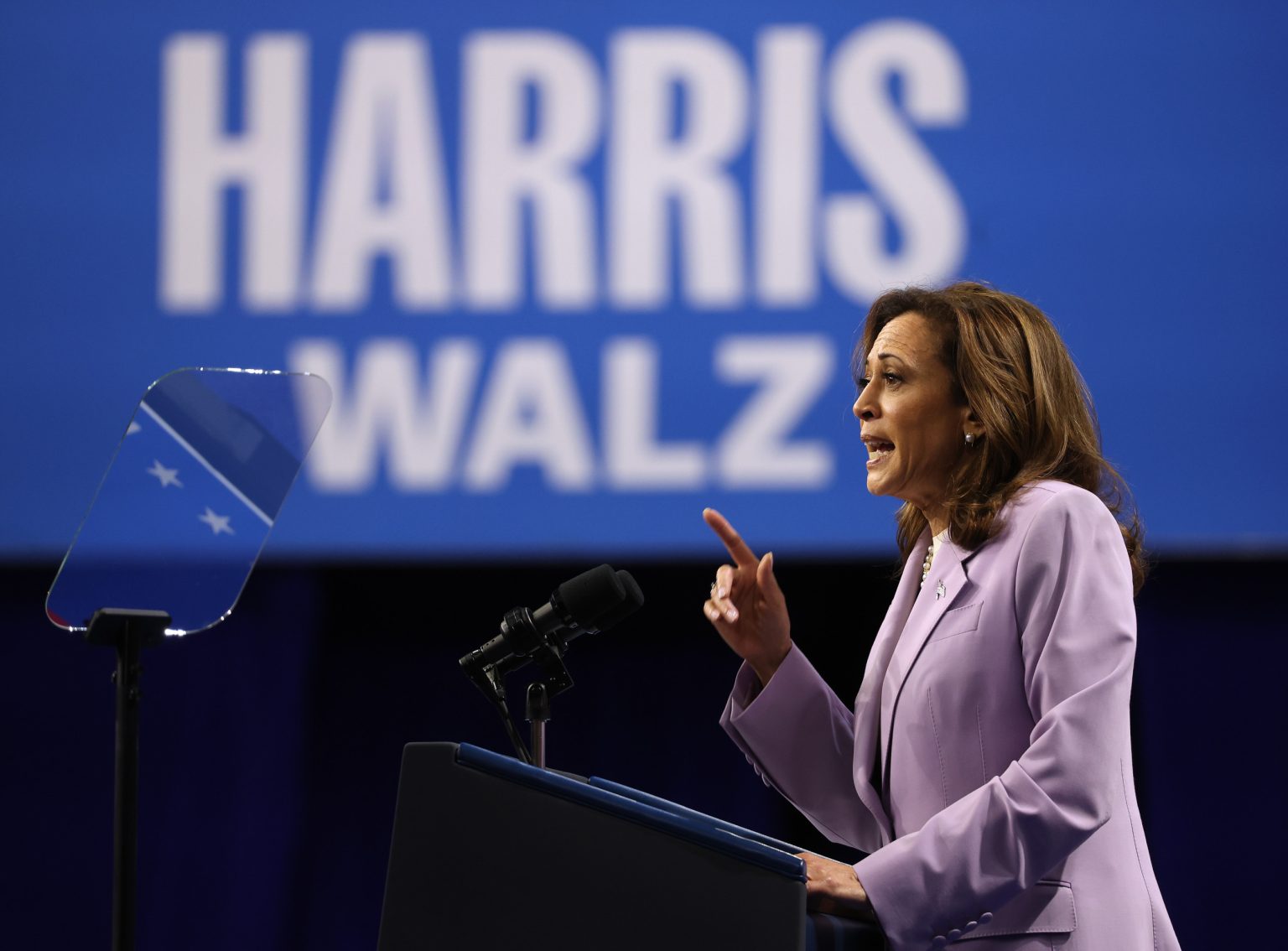Vice President Kamala Harris is set to unveil her economic plan that includes a ban on price gouging on groceries, drawing parallels to former Republican President Richard Nixon’s freeze on prices and wages. The proposal aims to lower grocery prices and everyday costs for consumers, with the intention of curbing corporate exploitation. If elected president, Harris plans to take on big corporations engaging in illegal price gouging and corporate landlords unfairly raising rents on working families. The proposal aligns with Nixon’s idea of government intervention in the economy to control wages and prices to combat inflation, a move that was seen as unsuccessful in the long run.
Critics of Harris’ price control proposal argue that it is a bad idea, with former United States Secretary of Education Bill Bennett calling it out as detrimental. Price controls are generally opposed by capitalists who believe in a free market without government intervention, as they can distort price signals that allocate resources efficiently. The Federal Reserve Bank of St. Louis has highlighted the significant costs of price controls that increase with their duration and breadth, as they lead to an inefficient allocation of goods and services. Harris’s proposal has received criticism from prominent Republicans who have labeled it as “communist” and argue that it will be detrimental to the economy.
The Trump campaign released a statement criticizing Harris’s proposal, likening it to policies of Venezuela’s president, Nicolas Maduro, whom the U.S. does not recognize as the legitimate leader. The statement argued that allowing D.C. bureaucrats to dictate grocery prices would dismantle necessary supply-and-demand signals of the free market, ultimately leading to higher prices for consumers. Republicans blame President Joe Biden and Harris for the current state of the economy, attributing the inflation problem to their economic policies, such as trillions in inflationary spending that Harris has supported through tiebreaking votes. Critics warn against the potential repercussions of such price control measures, citing past failed attempts by Nixon to control wages and prices to address economic issues.
Harris is expected to provide more details about her economic plan in a campaign speech in Raleigh, North Carolina, where she will emphasize the need to bring down prices as a top priority if she were to become president. The proposal includes enforcement penalties and directs the Federal Trade Commission to fine food companies that violate the ban on price gouging. Harris’s stance on price controls and her commitment to curbing corporate exploitation of consumers has sparked a debate among policymakers and commentators about the effectiveness and implications of such measures on the economy. The parallels drawn between Harris’s proposal and past attempts by Nixon to intervene in the economy highlight the ongoing ideological divide between those who support government intervention in the market and those who advocate for a free market approach.


